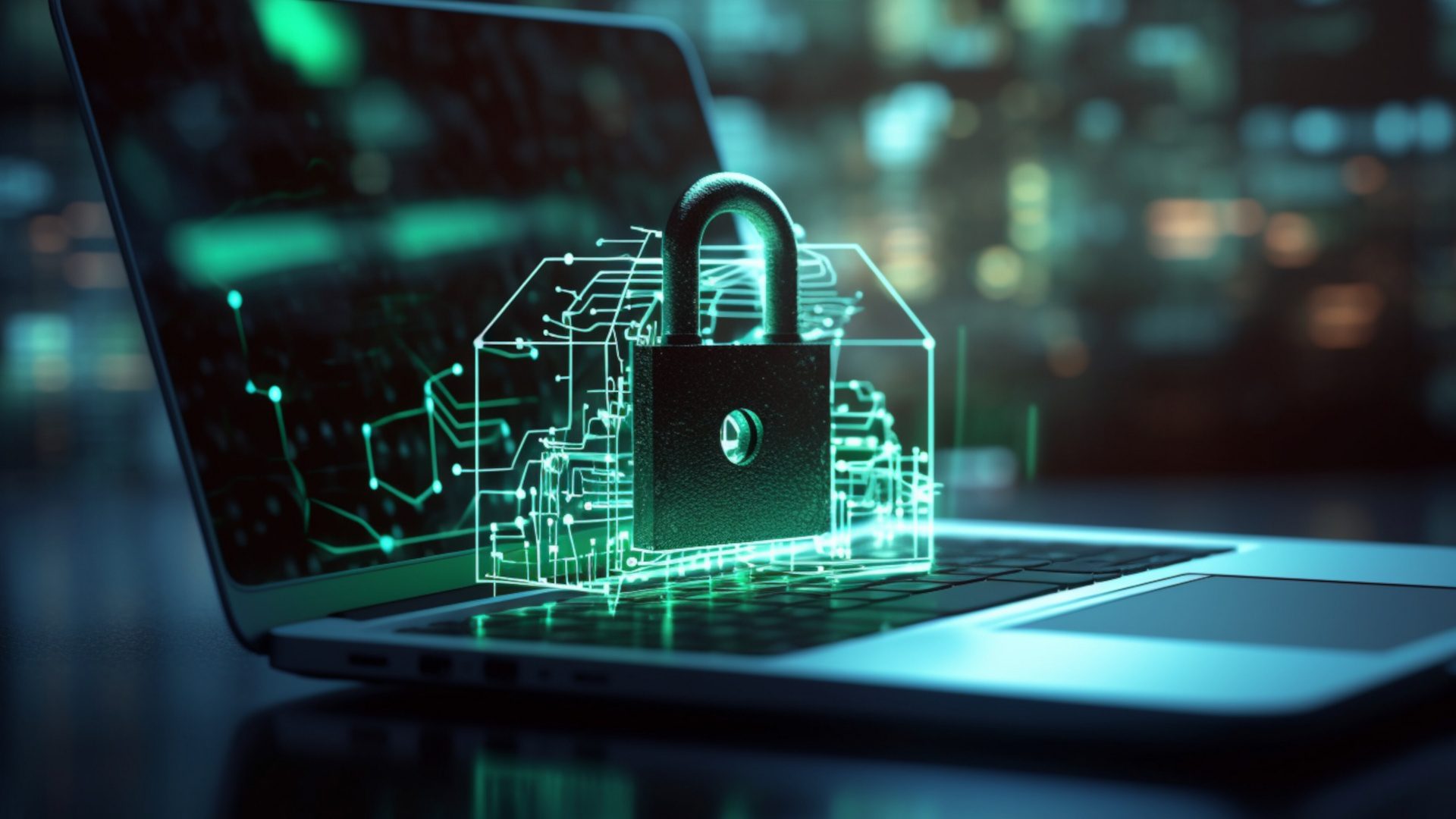In the contemporary online environment, the significance of information security is paramount. As cyber threats continue to grow cyber threats aimed at businesses of various scales, selecting the best cybersecurity partner has become a crucial task for organizations aiming to protect their valuable data and assets. However, few cybersecurity companies offer the same level of service, and understanding what to look for in a high-quality cybersecurity provider is important for ensuring the integrity and dependability of your operations.

Determining the appropriate cybersecurity provider involves much more than merely browsing a catalog of providers. It necessitates a thoroughgoing evaluation of their expertise, solutions, and dedication to safeguarding your business. From assessing their background and qualifications to identifying key traits that indicate trustworthiness, having a concise understanding of the necessary qualities in a cybersecurity provider will empower you to make well-considered decisions. In this manual, we will discuss the key qualities and important questions that will help you handle the selection process with confidence.
Key Qualities of a Cybersecurity Provider
As you are selecting a security provider, one of the most important qualities to consider is their experience and expertise in the field. Tech Industry Consultants leading cybersecurity company should have a successful track record of successfully protecting businesses from multiple cyber threats. This background often translates into a more profound understanding of security protocols, threat intelligence, and incident response strategies. Evaluating the provider’s historical data and client testimonials can give you insight into their skills and how well they adapt to new threats.
Another key attribute is the certifications and credentials held by the cybersecurity firm. Certifications such as Certified Information Systems Security Professional (CISSP), CISM, and various others demonstrate that the company adheres to established norms and best practices. These certifications often indicate that the provider has met strict requirements regarding expertise and integrity, which can provide confidence in their ability to protect your organization.
Finally, communication and customer support are crucial traits in a reliable cybersecurity provider. It is vital that the firm you choose can explain difficult security issues in an accessible manner and offer support when required. A great cybersecurity partner is proactive in updating clients about potential threats and security updates. Their ability to respond and willingness to engage with clients can make all the impact in effective cybersecurity management and in fostering a sustained partnership.
Assessing Cybersecurity Firms
When assessing cybersecurity firms, it is crucial to evaluate their experience and skills in the field. Look for firms that have a established history of safeguarding businesses comparable to yours. This involves analyzing case histories and testimonials that demonstrate their capability to handle real-world security challenges. A company with seasoned professionals who are up-to-date with the latest threats and developments will likely provide a more strong and adaptive security approach.
In addition to experience, certifications play a vital role in determining the reliability of a cyber security provider. Cybersecurity Consultants will have qualifications from acclaimed organizations, such as ISO 27001 certification, Certified Information Systems Security Professional, or Certified Information Security Manager. These certifications show that the company follows industry best standards and is dedicated to maintaining high levels of service. Always ask about their team's credentials and whether they participate in ongoing training to ensure their skills relevant.
Another key factor to consider is the range of services provided by the cyber security provider. A comprehensive approach that consists of risk assessments, incident management, and continuous monitoring is often better suited than fragmented solutions. Evaluate whether the provider is adaptive in customizing their services to meet your particular needs. Additionally, ensure they have a well-defined plan for reporting incidents and collaborating with your internal teams, which can significantly improve your organization's overall security stance.
Choosing the Appropriate Cybersecurity Partner
Choosing the right cybersecurity provider is essential for defending your company against increasingly advanced threats. Commence by analyzing the provider's experience and knowledge in your field. A company with a demonstrated track record in your specific sector will comprehend the unique challenges you confront and tailor their offerings to meet your needs. In also, consider their qualifications and adherence with current regulations, as these can reflect a commitment to excellence and ongoing improvement.
Subsequently, evaluate the breadth of solutions provided by the cybersecurity provider. A comprehensive set of services—including identification of threats, response to incidents, security evaluations, and employee training—can prepare your organization with a robust protection against security incidents. Look for a provider that stays ahead of the curve, utilizing the latest technologies and strategies to actively tackle developing threats. This flexibility will confirm that your organization is secure across various avenues.
Finally, communication and transparency should be primary considerations when choosing a cybersecurity provider. A reliable provider will maintain open lines of communication, delivering regular information on security status and incident reports. They should be willing to answer key questions and provide thorough details of their processes and methodologies. This level of involvement not only fosters trust but also helps to synchronize the cybersecurity plan with your business goals successfully.
